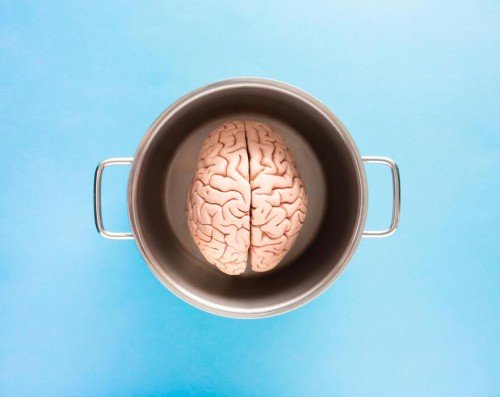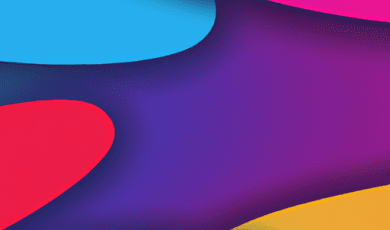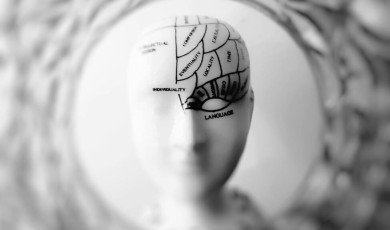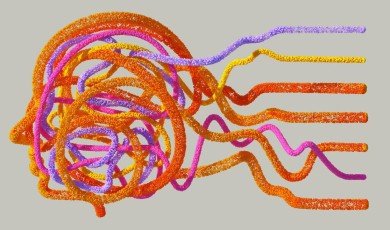
The human brain has long been described as the most complex structure in the known universe. With its 86 billion neurons and countless synaptic connections, it governs everything from our ability to solve mathematical equations to the emotions that color our daily lives. Yet, for centuries, its inner workings remained largely a mystery. Today, thanks to advances in neuroscience, imaging technology, and artificial intelligence, researchers are beginning to unravel the secrets of the mind—and what they are discovering has the potential to transform how we live, learn, and heal.
The Brain as the Final Frontier
While we have sent spacecraft beyond our solar system, mapped the human genome, and explored the depths of the oceans, the brain still presents mysteries that science is only beginning to crack. Brain research is now being called the "final frontier" of biology. Unlocking how neurons communicate, how memories are stored, and how consciousness arises could redefine human potential in ways we can only imagine. From better treatments for Alzheimer’s disease to new approaches to education, the implications of brain science reach into every corner of society.
The Tools That Make Discovery Possible
The breakthroughs of recent years have been fueled by tools that allow scientists to observe the brain in real time. Functional MRI (fMRI) scans, for example, make it possible to see which parts of the brain are active during specific tasks such as recalling a childhood memory or learning a new language. Electroencephalography (EEG) provides insight into the brain’s electrical activity, offering clues about sleep, attention, and disorders like epilepsy. Even more fascinating is the use of artificial intelligence in brain research. AI models can analyze vast amounts of neurological data to detect patterns invisible to the human eye. Just as off-page SEO relies on understanding patterns across the internet, such as backlinks and domain authority, AI in neuroscience helps researchers see connections and influences across vast neural networks.
Memory, Learning, and Creativity
One of the most promising areas of research focuses on how we learn and create. Neuroscientists are uncovering how different regions of the brain collaborate when acquiring a new skill, such as playing the piano, or when solving complex problems. This understanding is leading to new teaching strategies that align with how the brain naturally processes information. Creativity, long thought to be a mysterious gift, is also being decoded. Studies show that creativity involves not just the right hemisphere, as once believed, but a dynamic interplay between multiple networks across the brain. These discoveries are helping educators, artists, and even businesses foster innovation more effectively.
Healing the Injured Brain
For millions of people living with brain injuries or neurological disorders, research offers hope. Stroke victims, for instance, often face challenges in regaining speech or motor control. But by understanding how the brain rewires itself through neuroplasticity, therapists are designing new rehabilitation techniques that accelerate recovery. Neuroplasticity, the brain’s ability to reorganize itself by forming new connections, has also revolutionized our understanding of mental health. Depression, anxiety, and post-traumatic stress disorder (PTSD) are increasingly being studied not just as chemical imbalances but as disruptions in neural circuits. This shift is paving the way for more precise and effective treatments, from medication to non-invasive brain stimulation therapies.
Brain Research and Artificial Intelligence
The parallels between the human brain and AI systems are fueling innovation in both fields. Neuroscience provides insights into how to design smarter algorithms, while AI gives scientists the tools to simulate and test theories about brain function. For example, neural networks in AI are directly inspired by biological neurons and synapses. These crossovers are more than theoretical. Brain-computer interfaces (BCIs) are already helping paralyzed patients regain movement by linking thought directly to machines. In the near future, BCIs could enable seamless communication between humans and technology, amplifying human potential in ways that once seemed like science fiction.
Ethical Considerations
With great power comes great responsibility. As brain research progresses, ethical questions are becoming more urgent. Who should have access to brain data? How do we prevent technologies like BCIs from being misused? Should employers or governments ever be allowed to monitor brain activity? These questions are not hypothetical. Just as businesses using off-page SEO must balance ethical practices with competitive advantage, scientists and policymakers must establish clear guidelines for how brain research and its applications are used. Protecting individual rights while fostering innovation is one of the defining challenges of our time.
Global Collaboration in Neuroscience
The complexity of the brain demands global cooperation. Initiatives like the Human Brain Project in Europe and the BRAIN Initiative in the United States bring together researchers from multiple disciplines and countries. Collaboration accelerates discovery by pooling data, expertise, and resources. Moreover, sharing knowledge internationally ensures that breakthroughs benefit all of humanity, not just a privileged few. The challenges of brain disease, mental health, and cognitive decline affect every culture and economy. By working together, scientists can accelerate progress toward a future where brain research not only extends lifespan but also enhances quality of life.
Conclusion
Brain research is no longer confined to academic laboratories. Its discoveries are reshaping medicine, education, technology, and even the way we think about ourselves as human beings. By decoding the mind, scientists are unlocking doors to human potential that were once unimaginable. From curing devastating neurological diseases to enhancing creativity and learning, the possibilities are endless. Yet, as with all powerful tools, responsibility and ethical oversight must guide this journey. With the right balance, brain research holds the key to a brighter, healthier, and more innovative future for humanity.








